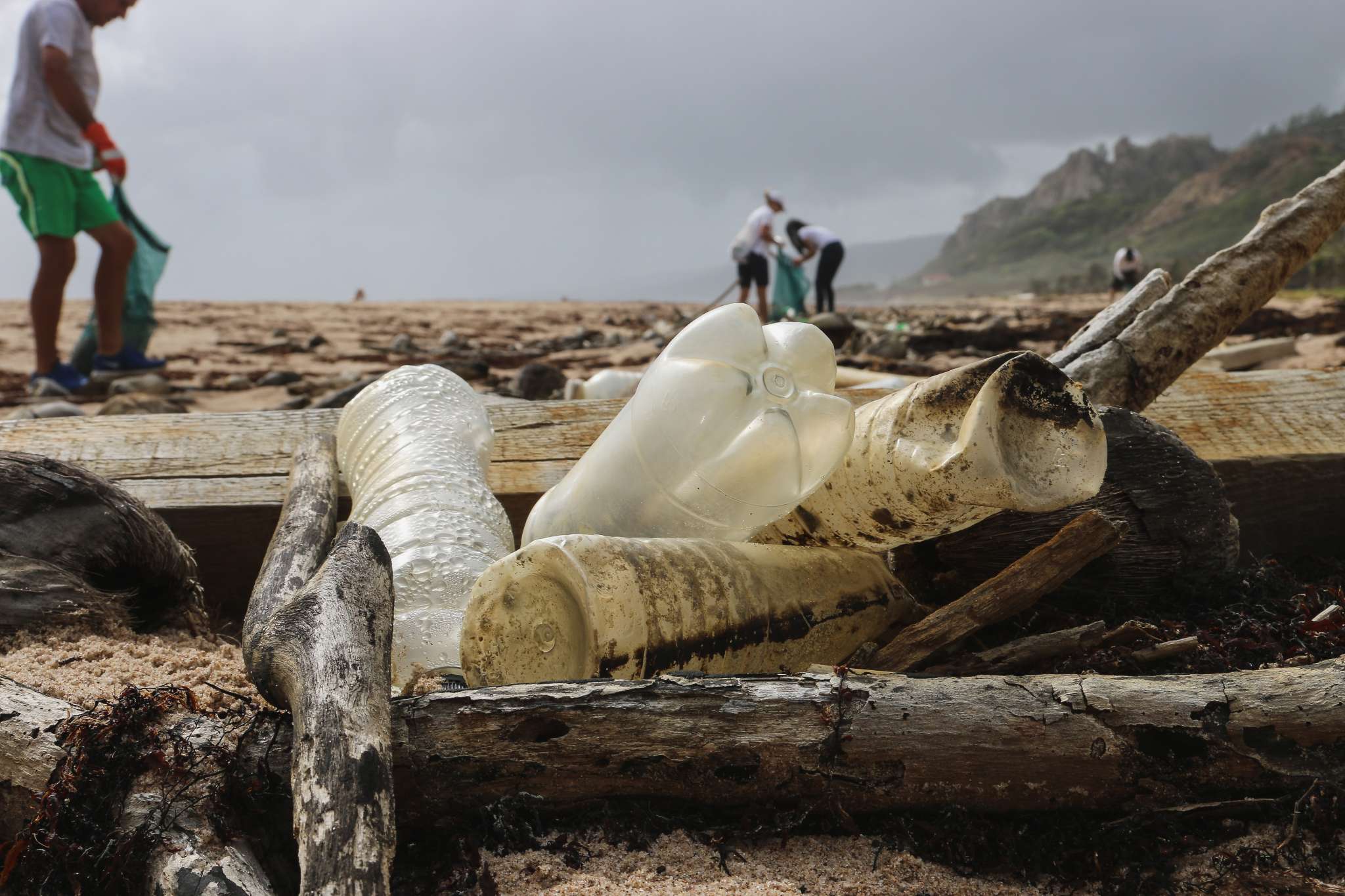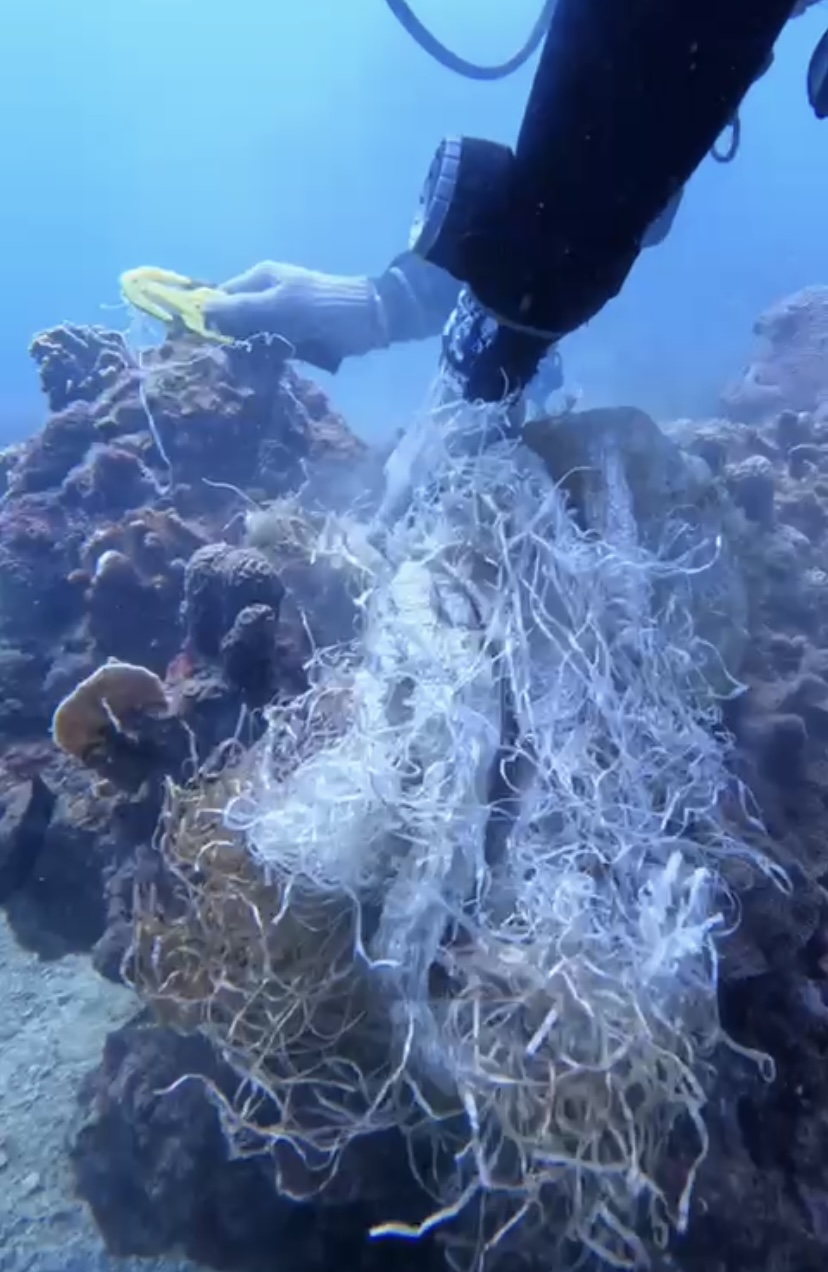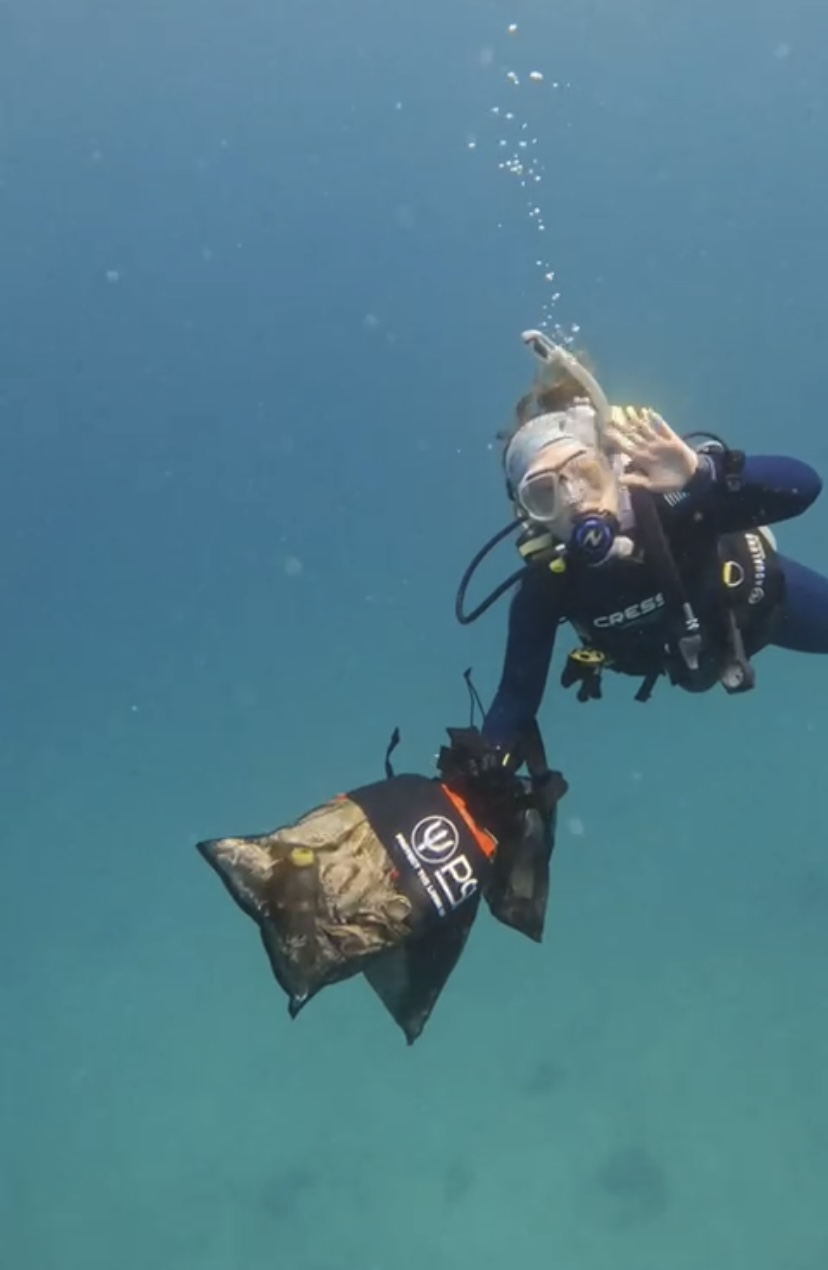

Waste Series Article 4
If you want to learn about the facts and effect plastic is having on our planet, check out Article 3: The Plastic Problem.
Stop buying so much plastic, make use of what you do have and if it has to go in the bin, make sure it doesn’t go to landfill, i.e., make use of the five Rs (Refuse, Reduce, Reuse, Repurpose and Recycle). To learn more about what they entail and to learn the tips and trick to make sure the waste you put in your recycling bin is actually recycled, check out Article 6: Relearning How To Recycle – Tips And Tricks, another blog in our waste series.
As we’ve learnt, however, there is already a huge problem which needs to be dealt with and limiting what we waste won’t do that. Thankfully there are people out there with the resources needed to make a big impact and they are doing just that. I know how disheartening it can feel, not being able to make the same sort of contribution by yourself. However, there are still things you can do to make an impact. And, if enough of us get involved, we could have an even bigger impact than those people with the vast resources. So, here are some other ideas of what you could do to help remove plastic from your environment and ensure it is dealt with properly instead.
 Litter picking is surprisingly easy to add into your everyday life. If you walk to work or school, try to pick up few pieces of rubbish on the way. If you have a bit more time on your hands when you’re walking your dog or out for a stroll you could consider taking a bag and some gloves (ideally gardening gloves to really protect your fingers) or a litter picker and take your time collecting as much as you can. If you struggle to enjoy aimless walking but want to get in the exercise, I find that litter picking adds a purpose and I don’t like to head for home until my bag is full, meaning I get more steps in and I do my bit to save the planet at the same time. Litter picking is something my friends and I started doing when we were allowed to go for walks socially distanced during the pandemic. Nearby we have an area next to a motorway which is always full of rubbish, but after our first few trips it was amazing to see how hard it was to find litter to pick up! Plus, other walkers saw what we were doing and joined in themselves, it was brilliant. I’m sure if you give it a go, you’ll be able to experience this as well.
Litter picking is surprisingly easy to add into your everyday life. If you walk to work or school, try to pick up few pieces of rubbish on the way. If you have a bit more time on your hands when you’re walking your dog or out for a stroll you could consider taking a bag and some gloves (ideally gardening gloves to really protect your fingers) or a litter picker and take your time collecting as much as you can. If you struggle to enjoy aimless walking but want to get in the exercise, I find that litter picking adds a purpose and I don’t like to head for home until my bag is full, meaning I get more steps in and I do my bit to save the planet at the same time. Litter picking is something my friends and I started doing when we were allowed to go for walks socially distanced during the pandemic. Nearby we have an area next to a motorway which is always full of rubbish, but after our first few trips it was amazing to see how hard it was to find litter to pick up! Plus, other walkers saw what we were doing and joined in themselves, it was brilliant. I’m sure if you give it a go, you’ll be able to experience this as well.
 Beach clean ups are essentially the same as a litter pick but, as you might have guessed, occur on the beach. “Beach” doesn’t just have to refer to the seaside; areas along the edges of lakes and rivers count as well. And why are beach clean ups important? Well, as we’ve discussed, 80% of the plastic in the ocean comes from land, and beach clean ups help make sure that nothing new enters our waterways and stops anything that has washed up from re-entering. So, if you live near a river, a lake, or the sea, consider going down there once in a while and doing a clean-up. If you have any friends or family that would be up for getting involved, you can always make it into a bit of a competition to see who can collect the most rubbish as well!
Beach clean ups are essentially the same as a litter pick but, as you might have guessed, occur on the beach. “Beach” doesn’t just have to refer to the seaside; areas along the edges of lakes and rivers count as well. And why are beach clean ups important? Well, as we’ve discussed, 80% of the plastic in the ocean comes from land, and beach clean ups help make sure that nothing new enters our waterways and stops anything that has washed up from re-entering. So, if you live near a river, a lake, or the sea, consider going down there once in a while and doing a clean-up. If you have any friends or family that would be up for getting involved, you can always make it into a bit of a competition to see who can collect the most rubbish as well!
Doing a Dive Against Debris is another awesome way for you to help the oceans. A Dive Against Debris essentially entails removing plastic (and other waste) that is already in the ocean. Depending on your location, you don’t have to be a scuba diver to take part. If the water is shallow enough, you can take part as a skin diver (snorkeller) as well. Dive Against Debris is run by PADI and at the end of each clean up you fill out a survey, so they know how much rubbish was collected where and what the rubbish was. It is an excellent way to keep track of the health of our oceans. If you want to find out more about how to get involved in a Dive Against Debris, or to find out about the debris collected you can check out PADI’s Dive Against Debris website here.




Photos of a Dive Against Debris by Stephanie Howe
These are all excellent ways to get involved in solving the current problem. Make sure you are careful when you are taking part so that you don’t hurt yourself. And remember to dispose of the rubbish you collect properly – make sure you recycle anything that can be and send everything else to a properly managed waste disposal system, otherwise it’ll just end up back where you found it. Anything you do is still helping, so remember to feel happy about that.
If you have a go at any of these clean up ideas please let us know! We’d love to know how much rubbish you pick up, what type of waste you collected and whereabouts you found it. If you take any pictures please send them over as well to socialmedia@opwall.com and we may feature you on our social media pages.
If you want to find out more about other issues the world is facing regarding waste and what you can do to help, please check out our other blogs from our waste series – Articles 1 and 2: Far Too Much Food and Articles 5 and 6: Relearning How To Recycle.
Social Media Links